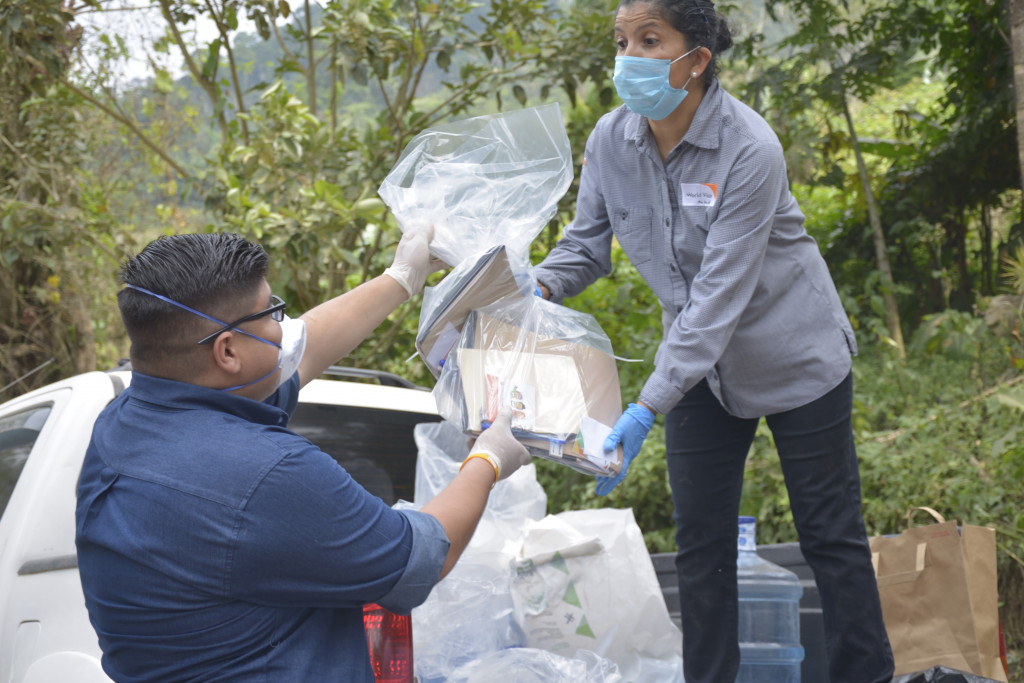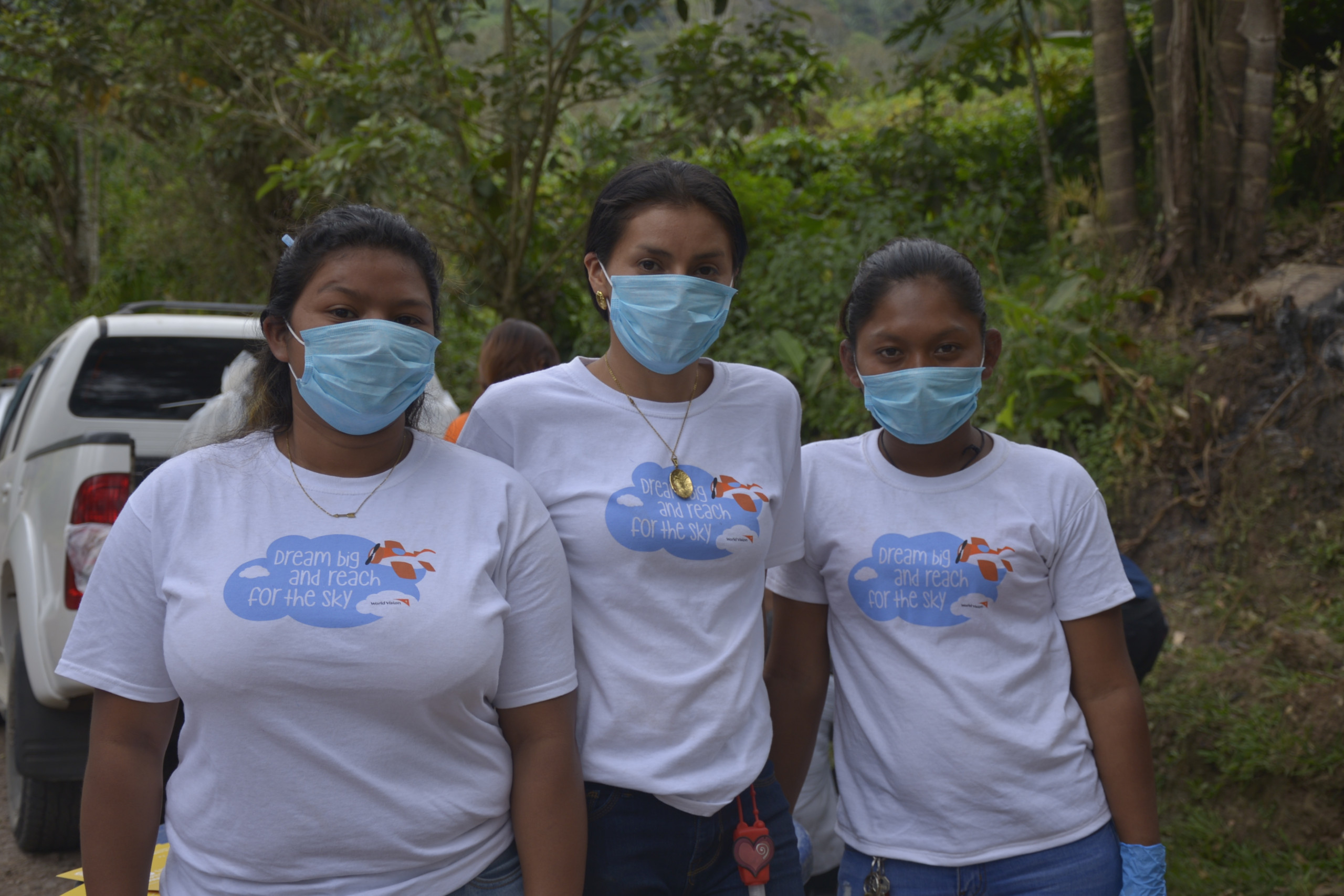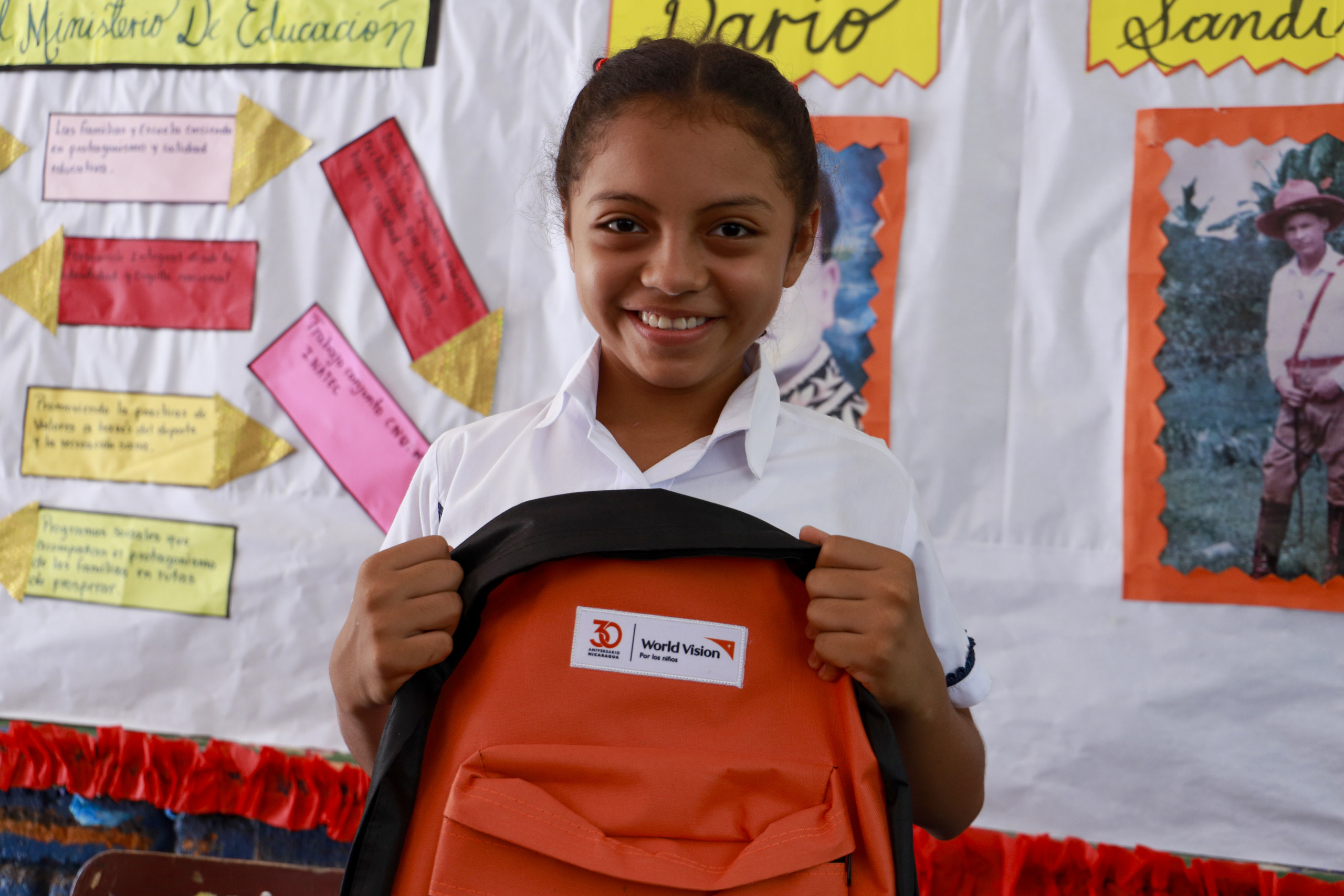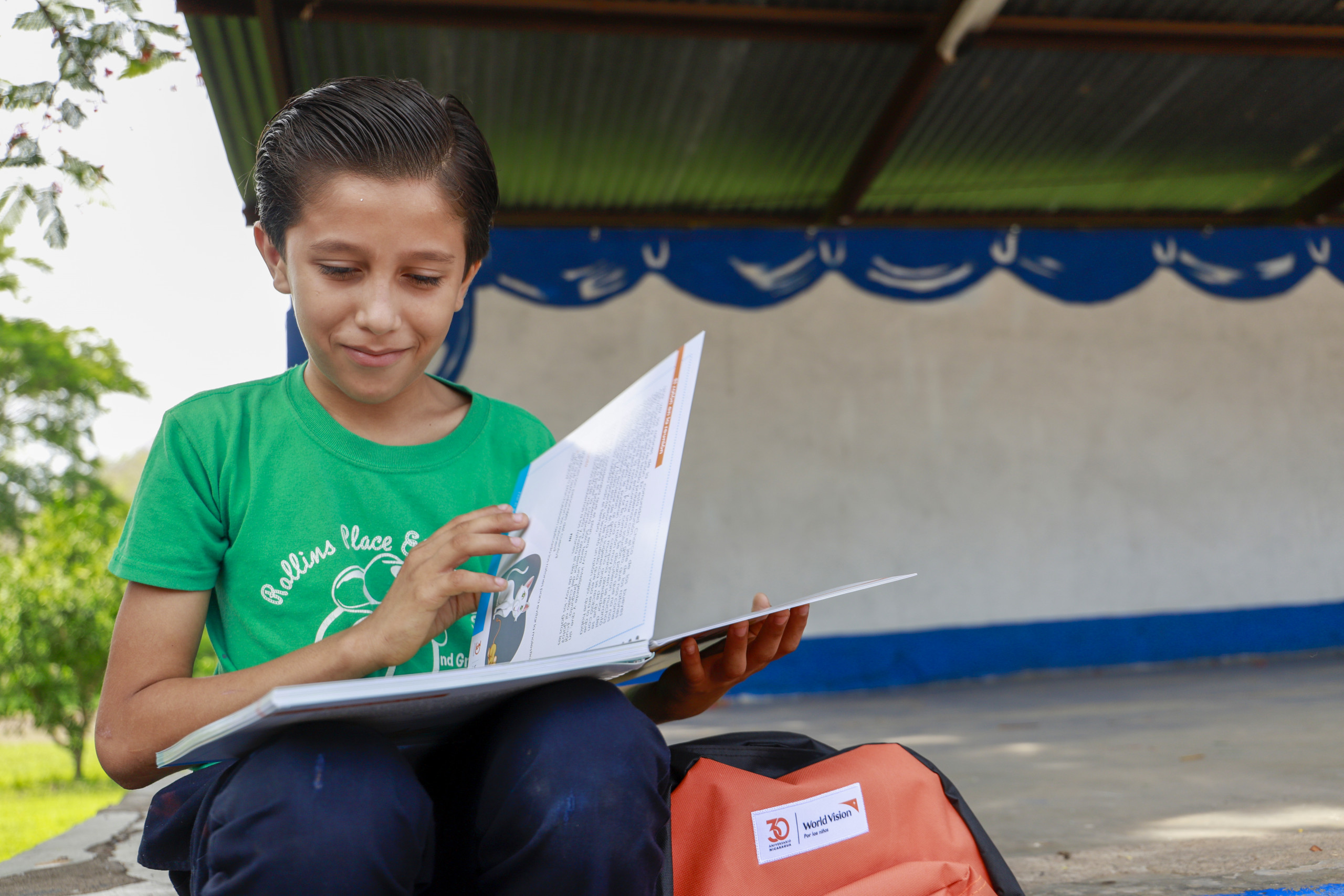San Lorenzo-Boaco and Yalí-Jinotega, Nicaragua
In collaboration with

April – December 2020
We provide new facilities to store drinking water and spaces that promote hygiene and safety. We rehabilitate the water system by electric pumping. We create hygiene clubs in schools to empower the student community to improve the well-being of children.
Objectives
- Contribute to the reduction of diseases caused in children by the lack of hygiene and sanitation in five schools in the town of Yalí, and in one school in the town of San Lorenzo, through the construction and refurbishment of quality water and sanitation access systems, and training in hygiene habits.
Beneficiaries
590 direct
249 girls and 341 boys under 15
3,275 indirect
650 are children under the age of 15
Inhabitants of the communities of Palo Blanco, El Portal, San Antonio, San José and Aguacatales, of the town of Yalí and the Rosa Cerda community, in the town of San Lorenzo.

On the ground
Groundwater sources cannot supply the population, especially during the dry season, and wells run out about two years after installation. There needs to be better access to water and toilets in schools.
The communities where the intervention takes place (Palo Blanco, El Portal, San Antonio, San José and Aguacatales in the town of Yalí, and the Rosa Cerda community, in the town of San Lorenzo) are located in the Jinotega and Boaco departments in north-central Nicaragua. In them, 42% of the groundwater sources are unable to supply the population, especially during the dry season (November-April), and wells dry out around two years after they were installed.
Schools included in the intervention are located at a great distance from wells and the deficient infrastructure of pipes affects both the access to water and its quality, and health standards are not met. Likewise, water fountains, drinking and washing facilities in this centers are in a disgraceful condition or do not exist. This directly affects 590 students of the schools where the intervention takes place in the communities of San Lorenzo and Yalí.
Another problem is the conditions of the toilets, as these are unsafe for the use by younger students (under 6 years of age). Many of these facilities are also very dilapidated and do not meet safety standards. In this situation, the Covid-19 pandemic is a serious threat.
Moreover, the spaces defined for latrines lack the necessary safety for the children’s privacy, increasing the risk of sexual attacks on them.

In detail
The project consists of the refurbishment of the electric pumping water system of a drilled well in the school of the Rosa Cerda community in San Lorenzo, Boaco. A diagnostic study will be carried out and water storage tanks will be installed, renovating and building latrines, drinking fountains, sinks and spaces for washing household utensils. The Family, School, Healthy Community methodology (FECSA in Spanish) will also be implemented in the six schools, providing water purification methods and environmental care, as well as the adoption of healthy hygiene habits.
Following this methodology, hygiene clubs will be created in the schools (the exact amount will be determined after the diagnosis) with the aim of empowering the student community in improving the welfare of children. The activities of these clubs will be based on developing knowledge focused on disaster risk and climate change adaptation for water security. Likewise, training will be provided on the methodology Opening Paths of Protection and Tenderness, a program that prepares children and teenagers to identify risk situations and various forms of violence, and to recognize the routes of prevention and reporting.




